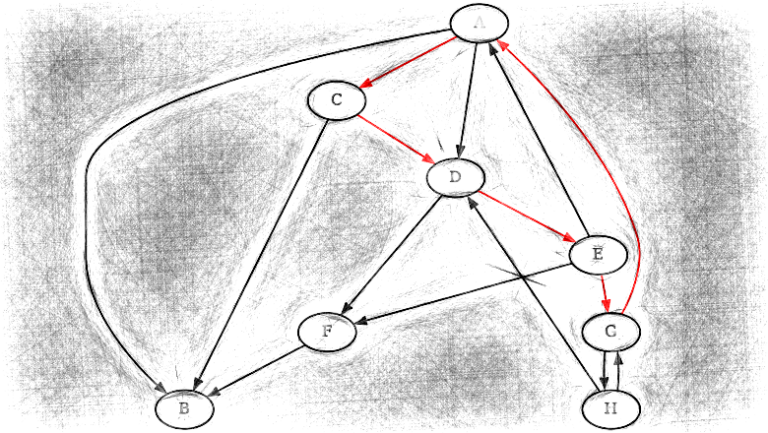Taxes for programmers in Spain
Many people write about how good it is to work on a sunny beach practically in a negligee, but no one has answered an important question: how much taxes does an entrepreneur pay in Spain?
I am an entrepreneur, living in Spain since 1998, with over 20 years of experience as an entrepreneur. He was engaged in various types of activities, from construction and real estate activities, to restaurants, a computer store, furniture sales, programming and more. So, I can share the latest innovations in Spanish tax policy.
Let me make a reservation right away – if you work under a contract with a Spanish or European company, then it pays almost all taxes and fees for you, except for personal income tax (20% of income, a declaration is submitted once a year in the period from May to June).
However, if you are an entrepreneur, then you yourself bear the entire tax burden.
Taxes and fees from an entrepreneur
The load is divided into 2 parts: payments to pension, social insurance and medical funds. And regular business taxes.
Social funds (Seguridad Social) – this year the changes affected all entrepreneurs. If previously the payment was fixed for all entrepreneurs (except for agriculture and fishing), now it is paid based on the expected level of income. Let’s imagine that your monthly income after taxes does not exceed 3,000 euros. In this case, in 2023 you will pay 295 euros per month to social funds.
Now about personal income tax (20%) and VAT (21%).
Let’s start with the second tax. Value added tax is a tax on the portion of your income that you generate yourself. This means that if you issued invoices for a month for your work in the amount of 3,000 euros, and spent 500 euros on writing off the activity, then you will pay the difference between the total VAT on your invoices and the VAT on the write-off costs of the activity, that is:
3000/100*21=630 euros Your VAT.
500/100*21=105 euros written off VAT.
630-105=525 euros – VAT that you are supposed to pay.
Now personal income tax. Personal income tax. It is paid from the net amount of income, from which all taxes and fees paid before it are excluded, that is:
Gross income – social funds – VAT – operating costs = net income.
And he already pays 20% personal income tax.
We calculate: 3000-295-525-(500-21%) = 1785 euros net income for the month.
1785/100*20=357 euros.
In total, with 3000 euros of issued invoices we are left with: 3000-295-525-395-375 euros = 1387 Euro.
This level of income basically corresponds to the local programming market. Do not forget that no one guarantees anything to an entrepreneur, and in my lifetime I have seen a huge number of startups with 1 to 5 people each, which did not even last 2 years of work due to too high earnings expectations. Someone was able to climb very steeply on their project, but most will never tell you about the collapse of their startup and tanning not on the beach, but under the scorching sun on an orange plantation for 1200 euros per month and quietly returning home after buying a return ticket to the Dushman charter .
Tax payment periods
Tax payment periods for an entrepreneur in Spain. There are only 5 of them: 4 quarterly and 1 annual.
Every quarter, an entrepreneur is required to submit 3 reports: #110 (personal income tax), #303 (VAT) and withholding personal income tax (in case the invoices were issued to another entrepreneur).
Since payments for the last tax have a compensation mechanism included in the general annual personal income tax, we will not consider it separately.
In 2023, Spain sharply tightened the procedure for personal income tax payments. If earlier an entrepreneur could pay only an approximate contribution quarterly, payment summaries or compensation for personal income tax in the annual declaration, now you need to pay every last cent quarterly.
Unlike taxes, social funds are paid monthly. This amount is not subject to taxes, which is good. 🙂
Sweet dreams and other people’s earnings for you
This question is very important. According to my observations, in Spain there are only 2 types of legal activities that can provide a foreigner with excess income without special investments. This is the sale of real estate to compatriots who are suckers (intermediation activities with a hefty percentage markup on the sale of living space from a Spanish realtor) and the olive oil business. (The second type is a joke, old school people will understand 🙂
Therefore, keep a close eye on your wallets and their contents, and before you drool in anticipation of heavenly life, just think: if everything is so cool in Spain, then why the rest of the programming world, from Pakistan to Mozambique, has not yet settled down in sun loungers overlooking the skyscrapers of Benidorm and laptops in your hands?
Probably because they are stupid and you are smart?





